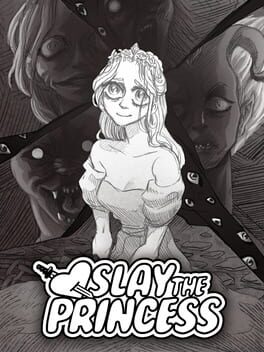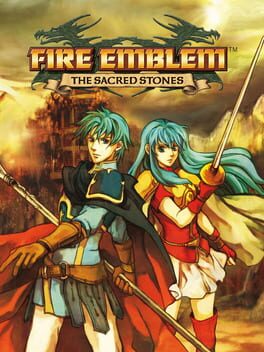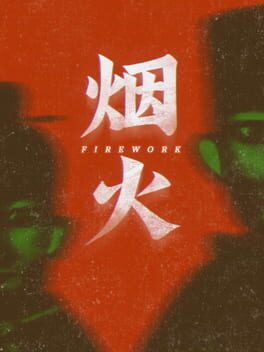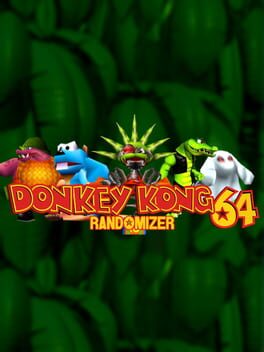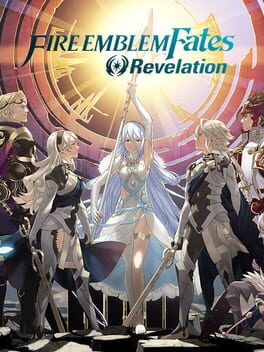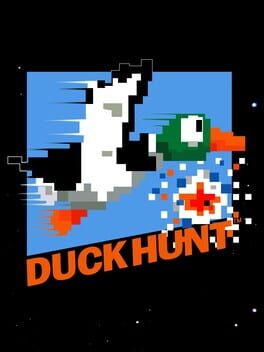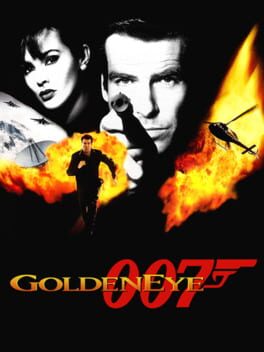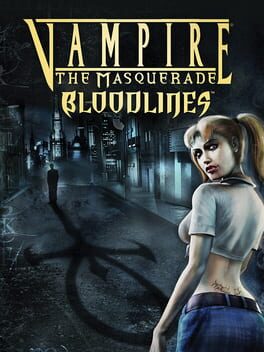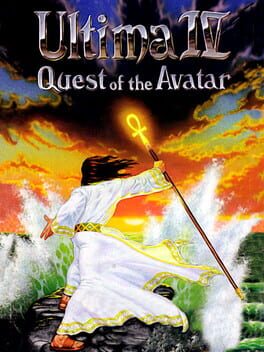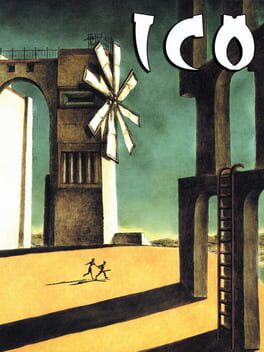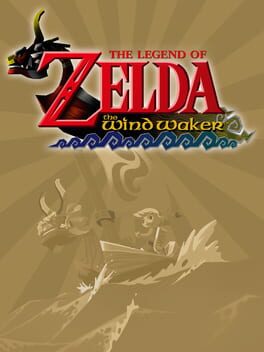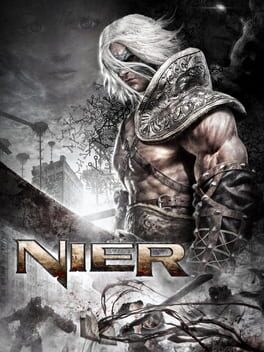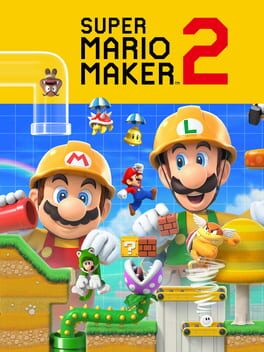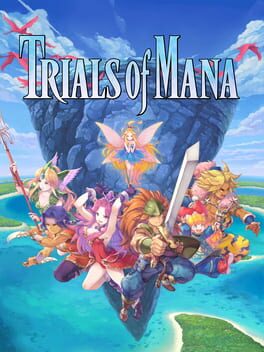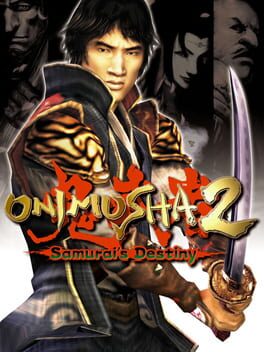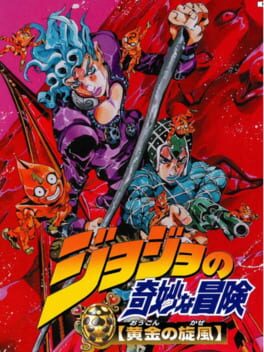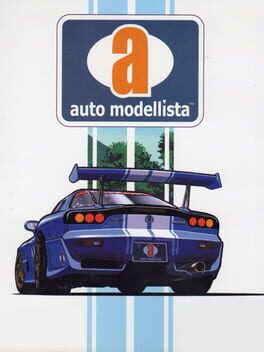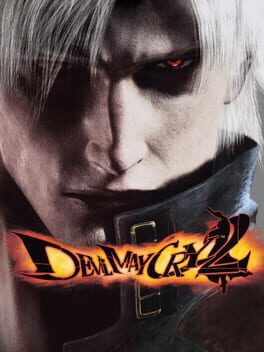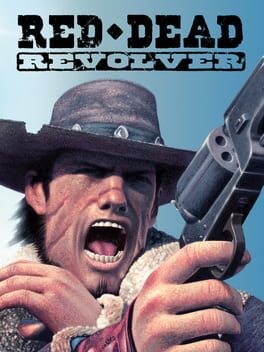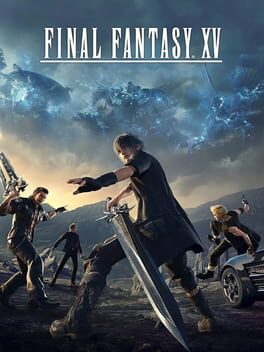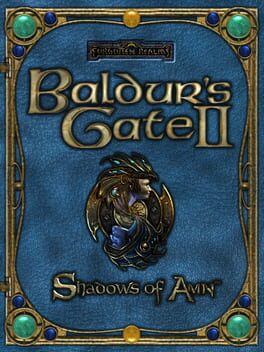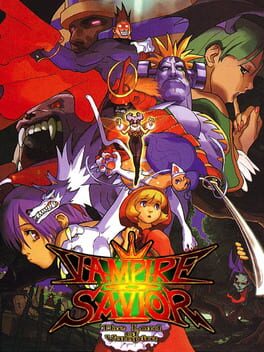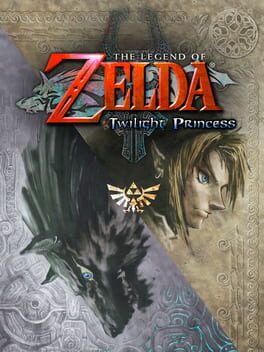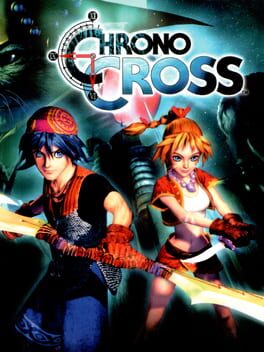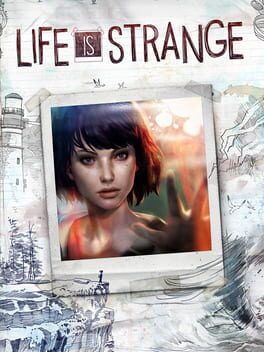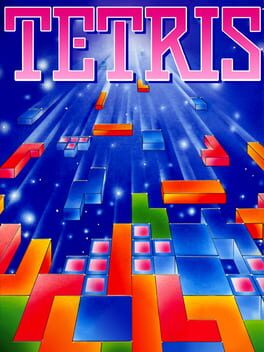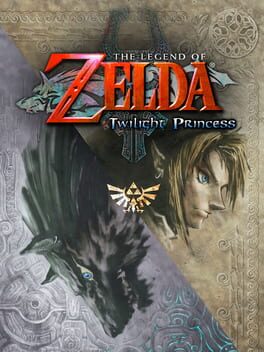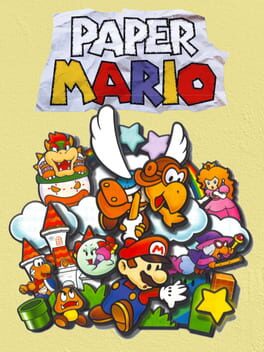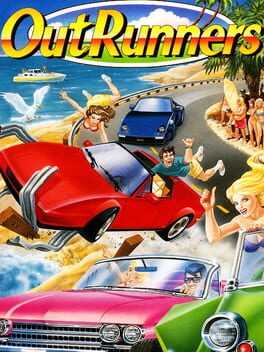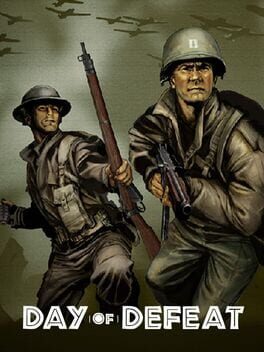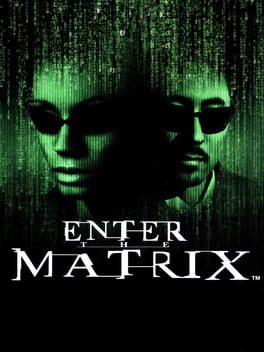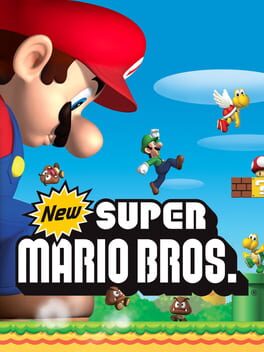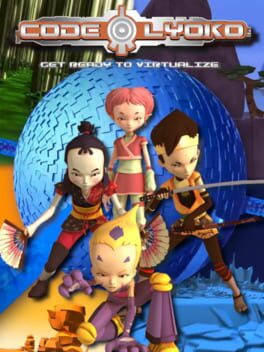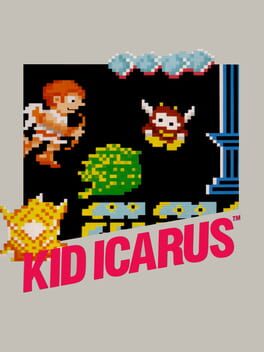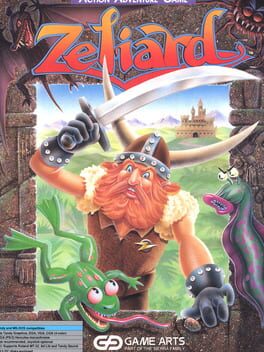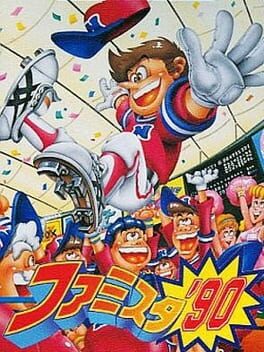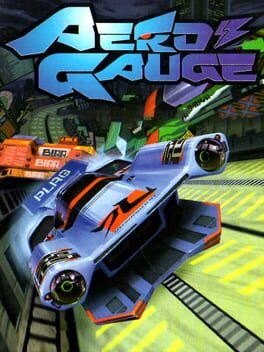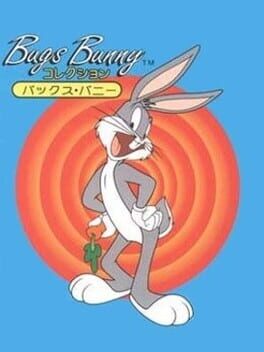Chokes
437 reviews liked by Chokes
Slay the Princess
2023
Quando o jogo diz, logo de cara, que é uma história de amor, essa deve ser a única coisa sincera que ele diz: um único pingo de cor caindo de um conta-gotas. A partir daí -- do momento em que o Narrador diz que seu objetivo é matar a princesa, e o momento em que a Princesa resiste -- tudo é um espelho, e faz questão de nunca te deixar esquecer disso.
A cada passo, Slay The Princess vai te lembrar que está acontecendo como está acontecendo por causa das suas escolhas, e nada existe substancialmente fora delas. O mundo é sem forma, fractal, e existe para ser salvo ou destruído. Não existe uma diegese propriamente dita, ou não por muito tempo: a Princesa é o que você faz dela, as vozes que te acompanham são o que a princesa faz de você em resposta. Existe uma análise psicanalítica para ser feita por alguém, mas eu não tenho muito interesse nisso: afinal, o jogo se faz tanto um espelho que se torna plenamente arbitrário, como se você estivesse diante de uma folha de papel. O que você desenhar te reflete de alguma forma, mesmo se você escolher conscientemente a reflexão que você quer ver. Então não se pode dizer que o jogo examina suas escolhas, porque não é isso que ele faz -- ao contrário do que vão te dizer.
Tudo que você escolher vai voltar para o mesmo ponto: o reflexo de você. A entidade que coleta as princesas que você cria sabe que ela é você, mas não exatamente. Ela tem uma existência contingente, definida pelas suas escolhas -- que, por sua vez, existem porque um Criador as colocou ali, mas que também sabe que não tem controle da situação. Sua violência ou sua compaixão são refletidas de volta para você para que você as examine, não o jogo. Suas escolhas importam, mas não porque elas têm consequência -- importam porque você está vendo quem você é, ou quem escolheu ser de propósito.
Isso tudo poderia ser muito bobo porque, afinal de contas, é uma folha em branco. O jogo te fornece um espelho e, como um espelho funcional, só te mostra aquilo que você mostra, mesmo que ofuscado pelo humor, pela poesia, pelas interações com as várias facetas que a Princesa, o Narrador e Você podem assumir. O jogo não se completa nesses conflitos porque eles se anulam.
O jogo se completa porque aquele pingo de cor se irradia na folha em que você desenha: o amor tinge você. Você escolhe e vê reflexos mais ou menos amorosos de suas próprias escolhas e, por isso, consegue ver você mesmo, quem você escolhe ser ou quem as pessoas podem ser com mais ternura do que antes. É assim que Slay the Princess completa sua mágica: ao te fazer amar nada em particular, ele materializa os reflexos vazios que te mostrou com a doçura que você souber trazer. Todos são você, e você é a Princesa.
A cada passo, Slay The Princess vai te lembrar que está acontecendo como está acontecendo por causa das suas escolhas, e nada existe substancialmente fora delas. O mundo é sem forma, fractal, e existe para ser salvo ou destruído. Não existe uma diegese propriamente dita, ou não por muito tempo: a Princesa é o que você faz dela, as vozes que te acompanham são o que a princesa faz de você em resposta. Existe uma análise psicanalítica para ser feita por alguém, mas eu não tenho muito interesse nisso: afinal, o jogo se faz tanto um espelho que se torna plenamente arbitrário, como se você estivesse diante de uma folha de papel. O que você desenhar te reflete de alguma forma, mesmo se você escolher conscientemente a reflexão que você quer ver. Então não se pode dizer que o jogo examina suas escolhas, porque não é isso que ele faz -- ao contrário do que vão te dizer.
Tudo que você escolher vai voltar para o mesmo ponto: o reflexo de você. A entidade que coleta as princesas que você cria sabe que ela é você, mas não exatamente. Ela tem uma existência contingente, definida pelas suas escolhas -- que, por sua vez, existem porque um Criador as colocou ali, mas que também sabe que não tem controle da situação. Sua violência ou sua compaixão são refletidas de volta para você para que você as examine, não o jogo. Suas escolhas importam, mas não porque elas têm consequência -- importam porque você está vendo quem você é, ou quem escolheu ser de propósito.
Isso tudo poderia ser muito bobo porque, afinal de contas, é uma folha em branco. O jogo te fornece um espelho e, como um espelho funcional, só te mostra aquilo que você mostra, mesmo que ofuscado pelo humor, pela poesia, pelas interações com as várias facetas que a Princesa, o Narrador e Você podem assumir. O jogo não se completa nesses conflitos porque eles se anulam.
O jogo se completa porque aquele pingo de cor se irradia na folha em que você desenha: o amor tinge você. Você escolhe e vê reflexos mais ou menos amorosos de suas próprias escolhas e, por isso, consegue ver você mesmo, quem você escolhe ser ou quem as pessoas podem ser com mais ternura do que antes. É assim que Slay the Princess completa sua mágica: ao te fazer amar nada em particular, ele materializa os reflexos vazios que te mostrou com a doçura que você souber trazer. Todos são você, e você é a Princesa.
I don't know, man. There's plenty to like here—charming characters, a cute story, semi-compelling political drama, good (enough) maps, gorgeous GBA aesthetic, whatever. But I've been frustrated and dragging my feet playing this. There is a tiny little fence between me and having fun, and no matter what I do, I cannot hop over it and be compelled to finish this game. That fence is named Seth.
Let me be clear. Lovely guy. Seems really sweet. But he is a sponge on the hypothalamus of my brain. He sucks up every drop of serotonin produced while playing this game. Instead of pumping my fist and shaking hands with another comically muscular man before we ride in a helicopter and are tricked into a death battle with a technologically superior alien species that only one of us escapes alive, I'm sucking my thumb and honk-shooing in my nightcap and gown beside a brick-and-mortar fireplace. Seth is the single most overpowered character I have ever seen in any video game. Still, with like 5 or 6 chapters left in the entire game, he one-shots every normal enemy and two-shots every boss. What are we doing here? Seth bends the very map design around him. Choke-points are no longer threatening. I stand slack-jawed as I drop the red-haired menace in front of 300 enemy goons, praying they will be enough to end his reign. Yet he stands steadfast as they all line up and take turns missing every attack and dying instantly. The Australian government cannot produce enough iron lances to feed into the Seth-powered enemy chipper. He is less a man and more an industrial machine.
Seth has ruined the thrill of permadeath. He has ruined my investment in the combat. He has stolen my crops, and he has pillaged my coffers. I never want to see this man again!
There is a lot to be said about how novel the pacing of this game is and how much I enjoy saving only at the end of chapters (and the chapter structure itself), but I'll save it for when I actually finish one of these things.
Let me be clear. Lovely guy. Seems really sweet. But he is a sponge on the hypothalamus of my brain. He sucks up every drop of serotonin produced while playing this game. Instead of pumping my fist and shaking hands with another comically muscular man before we ride in a helicopter and are tricked into a death battle with a technologically superior alien species that only one of us escapes alive, I'm sucking my thumb and honk-shooing in my nightcap and gown beside a brick-and-mortar fireplace. Seth is the single most overpowered character I have ever seen in any video game. Still, with like 5 or 6 chapters left in the entire game, he one-shots every normal enemy and two-shots every boss. What are we doing here? Seth bends the very map design around him. Choke-points are no longer threatening. I stand slack-jawed as I drop the red-haired menace in front of 300 enemy goons, praying they will be enough to end his reign. Yet he stands steadfast as they all line up and take turns missing every attack and dying instantly. The Australian government cannot produce enough iron lances to feed into the Seth-powered enemy chipper. He is less a man and more an industrial machine.
Seth has ruined the thrill of permadeath. He has ruined my investment in the combat. He has stolen my crops, and he has pillaged my coffers. I never want to see this man again!
There is a lot to be said about how novel the pacing of this game is and how much I enjoy saving only at the end of chapters (and the chapter structure itself), but I'll save it for when I actually finish one of these things.
Firework
2021
É necessária uma delicadeza muito especial para fazer, de uma história de suspense, várias histórias de amor. Mas a resposta está na tragédia: o mal original está muito distante, e vivemos apenas suas consequências. Nesse contexto, os símbolos do horror têm uma dimensão de profunda, inescapável tristeza, e então faz perfeito sentido que o jogo te guie no cabresto: não há quebra-cabeças para resolver. Os fantasmas estão implorando para que você conheça a história deles. O que você tem que resolver é aquilo que eles também não entendem sobre suas próprias histórias. É também aí que a fronteira do psicológico e do sobrenatural precisa ser rompida. Inúmeras janelas irreais para uma realidade acontecem por mudanças de ponto de vista e técnica narrativa -- mas não é à toa que, o tempo todo, existem efeitos de tela e moldura. O efeito sobrenatural é psicológico, tanto sobre Lixuan quanto sobre você, na medida em que você só pode compreender aquilo que as entidades que te assustam compreendem.
Por isso, a relação com os vivos e com os mortos tem tanta força. A tragédia já aconteceu, mas continua a acontecer mesmo que você a desvende. O mundo de Firework é inteiro de papel, literalmente: e no papel que se escrevem as verdades a serem descobertas, é do papel que se tiram os simbolos para materializar os desejos dos personagens e é no papel que sai uma foto tirada sem querer numa cabine. E papel pega fogo.
Por isso, a relação com os vivos e com os mortos tem tanta força. A tragédia já aconteceu, mas continua a acontecer mesmo que você a desvende. O mundo de Firework é inteiro de papel, literalmente: e no papel que se escrevem as verdades a serem descobertas, é do papel que se tiram os simbolos para materializar os desejos dos personagens e é no papel que sai uma foto tirada sem querer numa cabine. E papel pega fogo.
Silent Hill 2
2001
a word of advice: if you love psychological horror, especially silent hill, YOU NEED TO READ CRIME & PUNISHMENT. i understand how a 600 page book released 150 years ago in a format that doesn't exist anymore can seem off-putting or intimidating; i promise you it hasn't aged a day. crime & punishment can suffocate you with tension and anxiety comparable to any horror movie or game using words alone. the characters are oceans of beauty and flaws that will stick with you forever. without dostoevsky, there would be no shining, there would be no subahibi, and there would be no silent hill. read it and thank me later.
Super Metroid
1994
outside of the (understandably) on-the-nose coloured doorways nearly every instance of environmental interaction is rich and tactile. thirty years later it's still a wonder to grope and paw at every (Possibly Maybe) malleable surface and leverage every new upgrade toward greater structural manipulation and command
in ensuring how and when are given as much significance as what and where it forms a relationship between actor and environment that bears uncommonly personal patterns and markings as you learn to use Your body as an implement to interface with the world. sidepaths and back alleys that carve Under - Over - Through reshape the familiar thru layered mechanical discovery and shift the internal v external dynamic in turn; mastery of the self begetting exponential mastery of the other
a fitting problem then that the biocircuitry, plunging intestinal mazes, and gloomy dark ambient synthesis quickly become less something to endure so much as to dominate; the dissonance for show, and the brutality nakedly glamorous and one sided. so much of it exists in service to the pursuit of (Your) power, kneeling with its neck outstretched waiting to feel bones shatter for Your gratification. sure, I feel obscenely powerful, but I'd rather feel anything else
in ensuring how and when are given as much significance as what and where it forms a relationship between actor and environment that bears uncommonly personal patterns and markings as you learn to use Your body as an implement to interface with the world. sidepaths and back alleys that carve Under - Over - Through reshape the familiar thru layered mechanical discovery and shift the internal v external dynamic in turn; mastery of the self begetting exponential mastery of the other
a fitting problem then that the biocircuitry, plunging intestinal mazes, and gloomy dark ambient synthesis quickly become less something to endure so much as to dominate; the dissonance for show, and the brutality nakedly glamorous and one sided. so much of it exists in service to the pursuit of (Your) power, kneeling with its neck outstretched waiting to feel bones shatter for Your gratification. sure, I feel obscenely powerful, but I'd rather feel anything else
I've come to realize that I've been way too harsh on this game and so I decided to give it another chance. I played it again in the context of the ironman challenge, a self imposed ruleset among Fire Emblem fans where resetting is completely banned. This challenge is, in my humble opinion, the most enjoyable way to play Fire Emblem if you have enough experience with the series, as it forces you to engage with permadeath in away that playing vanilla doesn't and also because the lack of resetting just inherently causes the game to be paced better. This is the most charitable set of conditions I could have played the game in. So what do I think of it now?
It still fucking sucks lmao
It still fucking sucks lmao
Duck Hunt
1984
GoldenEye 007
1997
48 lists liked by Chokes
by Baird |
69 Games
by fror |
8 Games
by CorpsSansOrganes |
108 Games
by theia |
10 Games
by CorpsSansOrganes |
10 Games
by Archagent |
104 Games
by SenkaiKasa |
15 Games
by Archagent |
18 Games
